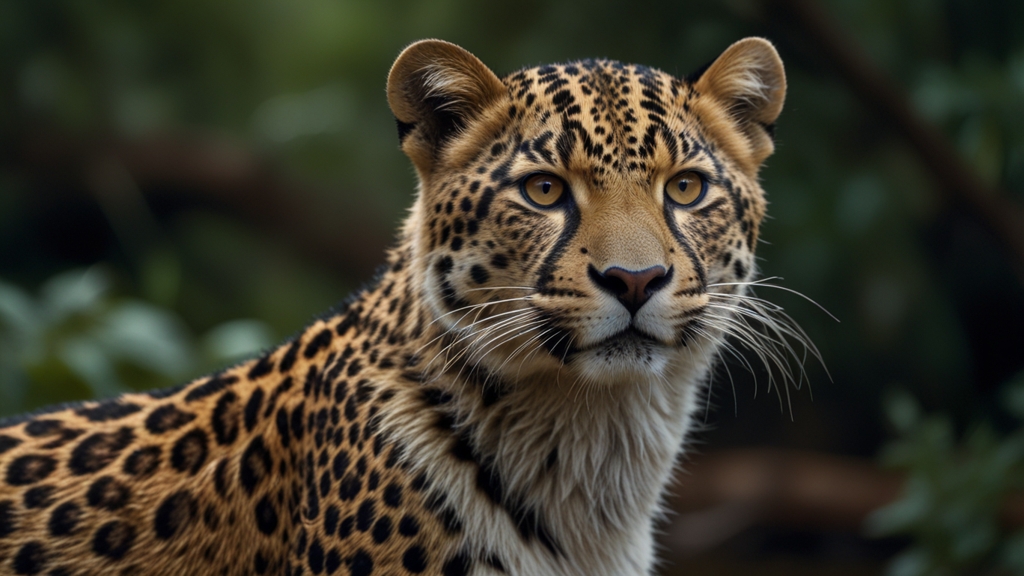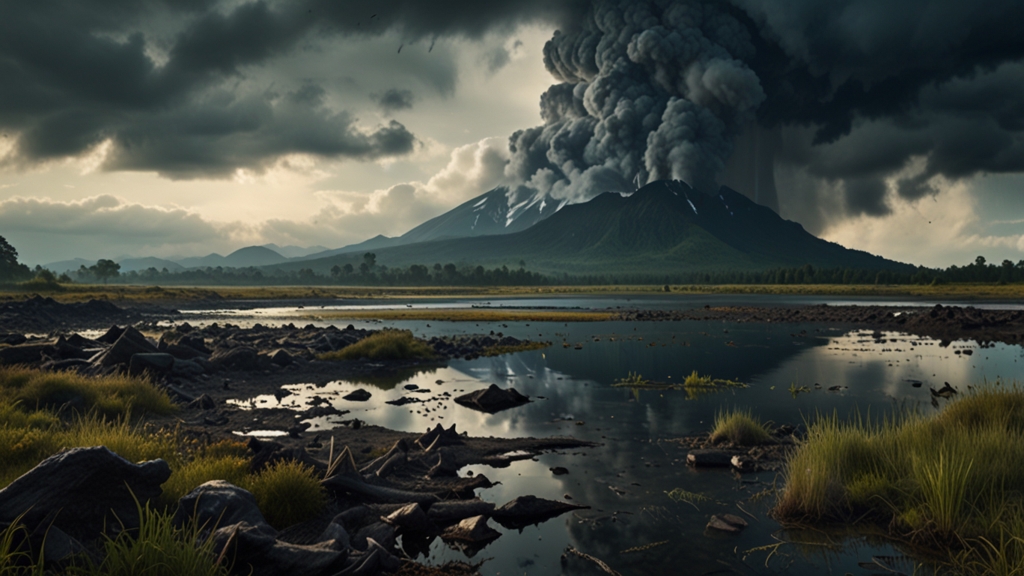Mammals of the Future: How Climate Change Threatens Diverse Species
Climate change, the significant and lasting change in the global or regional climate patterns, especially those emerging from the 20th century onwards, has been a burgeoning concern for ecologists, conservationists, and scientists worldwide. Among the myriad impacts of this global crisis, the threat to mammalian species stands out distinctly. From polar bears to elephants, diverse mammalian species are being disrupted, pushing ecosystems to the brink and challenging the adaptability of these species.
Changing Habitats and Ecosystems
As climate change continues to alter global temperatures, precipitation patterns, and seasonal cycles, the habitats of numerous mammalian species are being dramatically transformed. For instance, the Arctic ice, which serves as a crucial hunting ground for polar bears, is melting at an alarming rate, threatening their primary food sources and habitat. Similarly, rising temperatures are turning grasslands into deserts in some regions, putting herbivores and the predators that rely on them at risk.
“The rate at which the Arctic is warming is almost twice as fast as the global average. This unprecedented change affects the entire Arctic ecosystem,” - National Snow and Ice Data Center.
Challenges in Adaptation
Adaptation to rapid climate change poses a significant challenge for many mammalian species. Unlike previous natural climate shifts that occurred over millennia, the current rate of change offers little time for evolutionary responses. For example, species like the pika, a small mountain-dwelling mammal, are struggling to find suitable cool habitats as temperatures rise. Encroachments on their traditional high-altitude environments leave them with few places to retreat to, causing severe stress on their populations.
Disruption of Food Chains
The cascading effects of climate change can be observed vividly in disrupted food chains. As warmer temperatures affect plant growth cycles, herbivores find their food sources dwindling. Carnivores, in turn, find lesser prey availability, leading to starvation and decreased reproductive success. This disruption is particularly critical in sensitive ecosystems like the tundra and rainforests, where specialized diets make mammals less adaptable to rapid environmental changes.
“Species and ecosystems around the world are feeling the heat, with many plants and animals struggling to cope,” - WWF’s Living Planet Report.
Human-Wildlife Conflict
As habitats shrink and resources become scarce, mammals are increasingly venturing into human settlements in search of food and water, leading to escalated human-wildlife conflicts. Elephants, for example, are finding their migratory paths altered due to deforestation and changing rainfall patterns. This often brings them into close contact with agricultural areas, leading to crop damages and unfortunate humanitarian conflicts.
Conservation Efforts and Future Outlook
Amidst these challenges, there are ongoing efforts to mitigate the effects of climate change on mammalian species. Conservation initiatives include habitat restoration, the establishment of wildlife corridors, and captive breeding programs. Furthermore, efforts to reduce global carbon emissions, shift towards renewable energy sources, and promote sustainability are critical in curtailing the rapidity of climate changes affecting these mammals.
“It’s not just about protecting species; it’s about maintaining the functions and services that ecosystems provide to humanity,” - UNEP Executive Director Inger Andersen.
The future of mammals in our warming world remains uncertain. However, through concerted conservation efforts and global initiatives to combat climate change, there is hope that the diverse array of mammalian species can adapt to changing conditions and continue to thrive. The survival of these species is intrinsically linked to the health of our planet, underscoring the urgent need for action in addressing the climate crisis.













